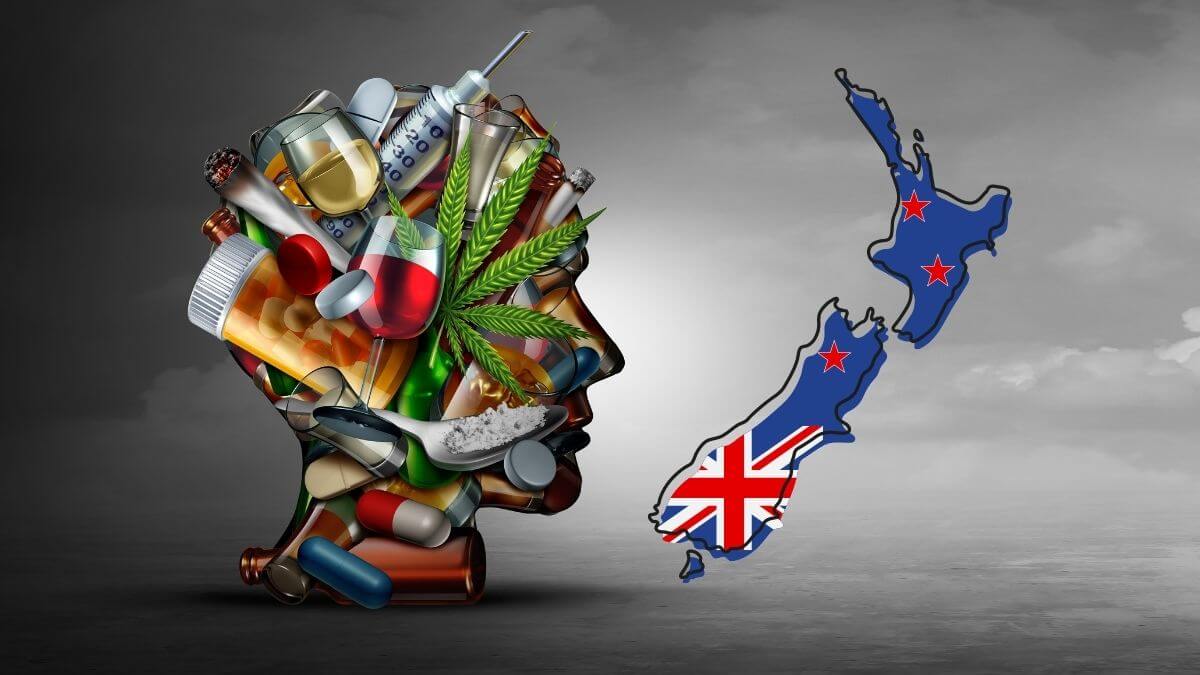‘Abysmally low’ – Few drug users engaging with Government’s helpline
Our present Government prefers a “health approach” to drug use in New Zealand, yet this approach does not appear to be favoured by many drug users. In fact, the number of drug users engaging with the Government’s recommended health referral service is ‘abysmally low’, from data released to the NZ Herald under the Official Information Act. Only six to seven drug users a month are engaging with a substance helpline after being given a health referral from police. This number is being described as “abysmally low”, and there’s been no sign of increased uptake five months after Health Minister Andrew Little stressed the importance of increasing uptake.
The Government and pro-drug advocates say that we shouldn’t charge drug offenders because it’s really a health issue. But if many drug users don’t appear to want health treatments, then perhaps drug-use is actually a lifestyle choice for many. Therefore they should be given a clear choice between health treatment or criminal charges – they choose which outcome. A sensible drug policy should be multi-faceted, rather than a one-dimensional health-only approach.
According to the NZ Herald report …
The referral – to Whakarongorau Aotearoa’s Alcohol Drug Helpline – was set up following changes to the Misuse of Drugs Act, which came into force in August 2019 and was hailed at the time as a turning point towards harm minimisation if someone’s most serious offence was using or possessing illegal substances. The Ministry of Health reviewed the impact of the law change last year, and one of the key findings was the extremely low rate of engagement with the referral pathway. In the 22 months since the law change, police data shows 8586 people faced the possibility of a drug use charge as their most serious offence, but only 959 health referrals were made – or about 44 of about 390 people a month. The referrals are made via an app, and the user is then sent a text message by an alcohol and drug helpline. Only 147 of the 959 people responded to the text message.
If you say you want a ‘health’ approach, the coercion of the law is necessary to force that drug addiction support. National Party health spokesman Shane Reti said a health response centred on an automated text message “strains credibility”. “A text message is not a health response, and certainly not an otherwise alternative to a conviction for use or possession of drugs. The minimum for an adequate health response as an alternative to conviction for drugs should be a requirement to at least meet with a health professional.”
A sensible drug policy should recognise three pillars – similar to the successful approach towards SmokeFree NZ:
- Supply Reduction – target the dealers and suppliers
- Demand Reduction – promote a drug-free culture
- Harm Reduction – ensure addiction services & support are available for those who genuinely want to quit. The primary purpose is not to keep users using, but reduce and help them exit drug use.
A smart arrest policy can both provide an important societal stamp of disapproval and provide an opportunity to intervene and stop the progression of use. Keeping marijuana illegal through an appropriate application of the laws that cater for ‘youthful indiscretions’ and which focus on supply and dealers is as much a public safety policy as it is a public health policy – maintaining its illegality but using a smart arrest policy combined with the coercion of the law is the correct response to drug use.
READ MORE: https://saynopetodope.org.nz/the-law-matters/
Read the full NZ Herald article here.






